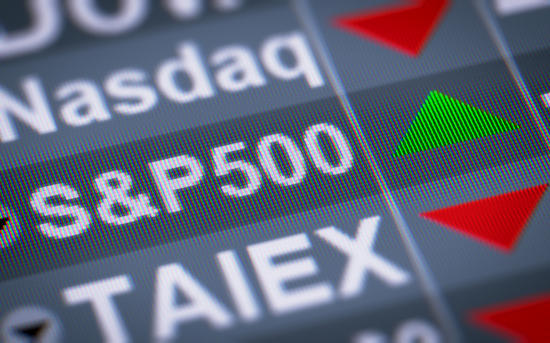Investors are staring down one of the most pivotal earnings stretches of the year. Four of the market’s biggest playersMicrosoft (NASDAQ:MSFT), Meta (NASDAQ:META), Apple (NASDAQ:AAPL), and Amazon (NASDAQ:AMZN)are set to report results in the next two days, collectively representing $11.3 trillion in market cap. These companies, along with Nvidia (NVDA), Alphabet (NASDAQ:GOOG), and Tesla (NASDAQ:TSLA), make up the Magnificent Sevennames that now account for roughly 20% of the S&P 500. With the index sitting near record highs, expectations are running hot. But this time, it’s not just about beating numbersit’s about convincing investors the growth story still has legs.
So far, corporate earnings have held up. About a third of S&P 500 (SPY) companies have reported, and roughly 82% have topped profit estimates, according to Bloomberg Intelligence. But those beats came after months of trimmed forecasts, especially in Big Tech, where estimates were pulled back following President Donald Trump’s tariff announcements. Even with the revisions, the group is still expected to post 16% year-over-year profit growth in Q2, down from 19% in March. The broader index is pacing toward 4.5% growth, also a downgrade from earlier projections. That leaves little room for error. They’re likely going to have to say that the rest of the year or the next quarter looks positive, said Ameriprise’s Anthony Saglimbene. Investors may be forgiving on Q2but they’ll want optimistic guidance to stay bullish.
Under the hood, not all tech giants are riding the same wave. Meta, Microsoft, and Nvidia have been responsible for nearly half of the index’s gains this year, driven largely by aggressive AI investments. Otherslike Apple and Teslahave struggled to keep pace. Alphabet’s solid quarter last week gave a glimpse of what investors want: accelerating growth and clear AI momentum. But Tesla’s weak EV outlook reminded the market how quickly sentiment can turn. Capital spending is also in focus. Microsoft, Alphabet, Meta, and Amazon are expected to spend $317 billion on AI infrastructure this year alone, rising to $350 billion by 2026. As JPMorgan’s Gabriela Santos put it: At these levels, especially for large-cap tech, we need to see monetization rather than a promise of monetization.
This article first appeared on GuruFocus.
